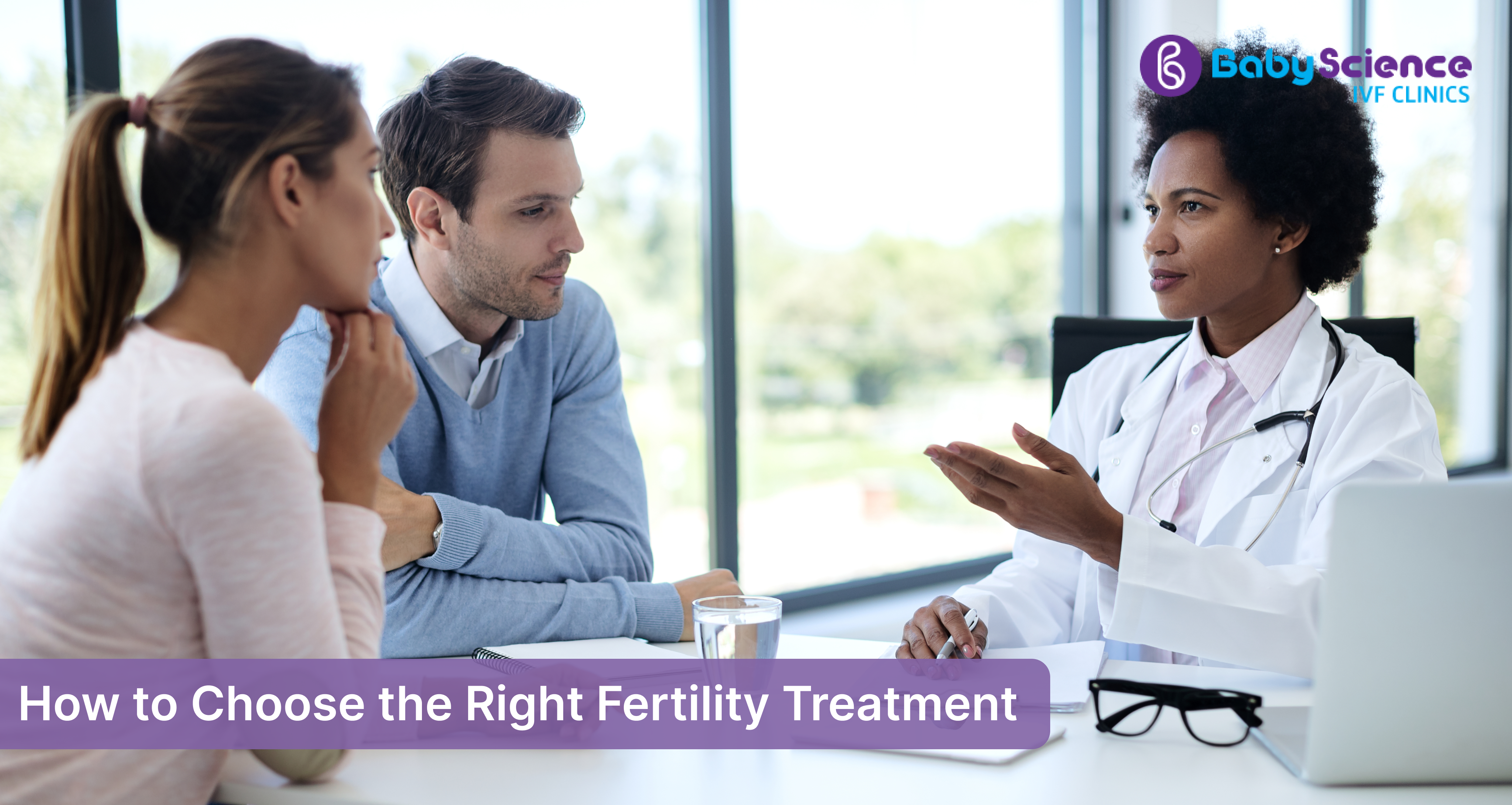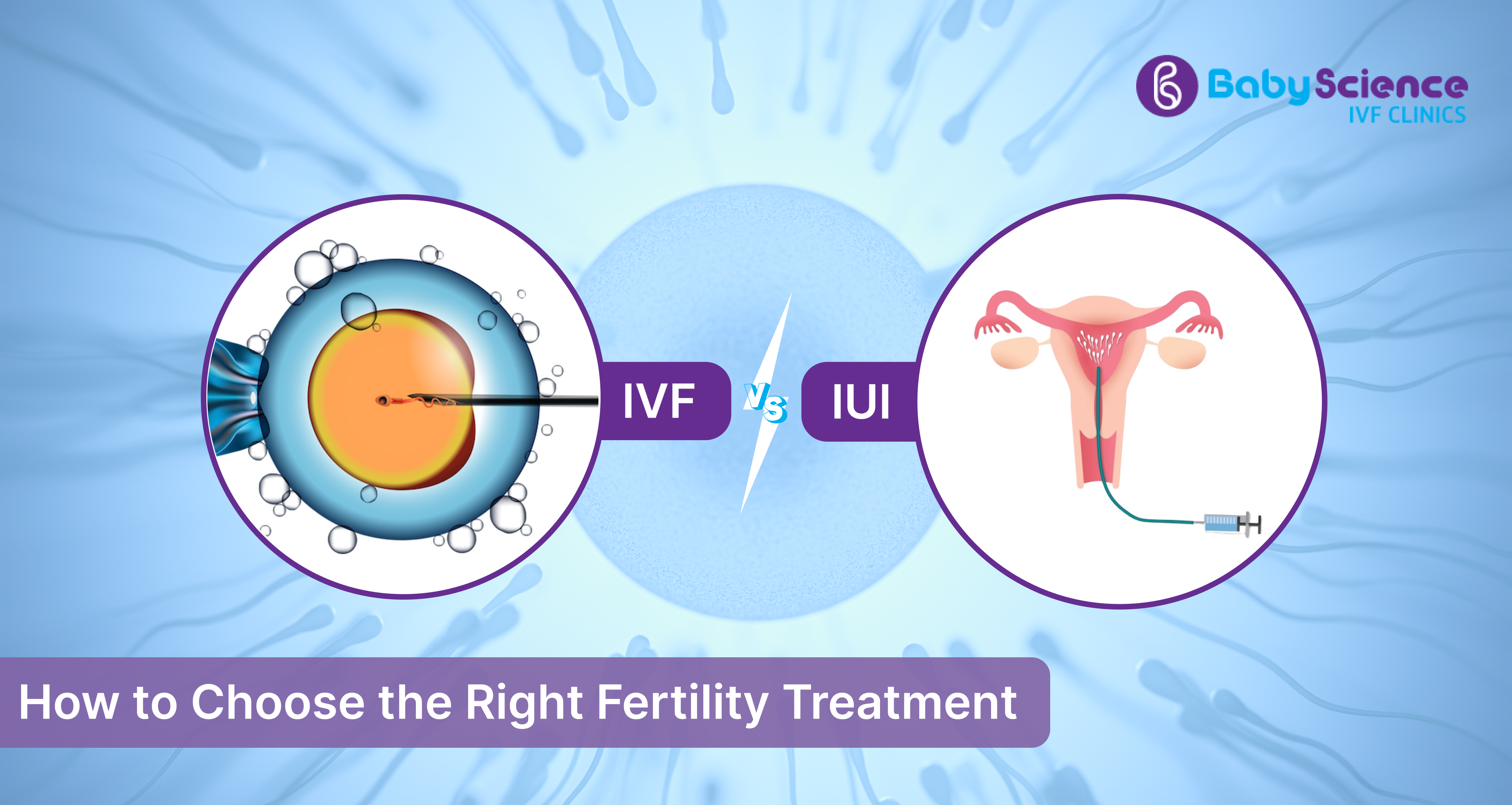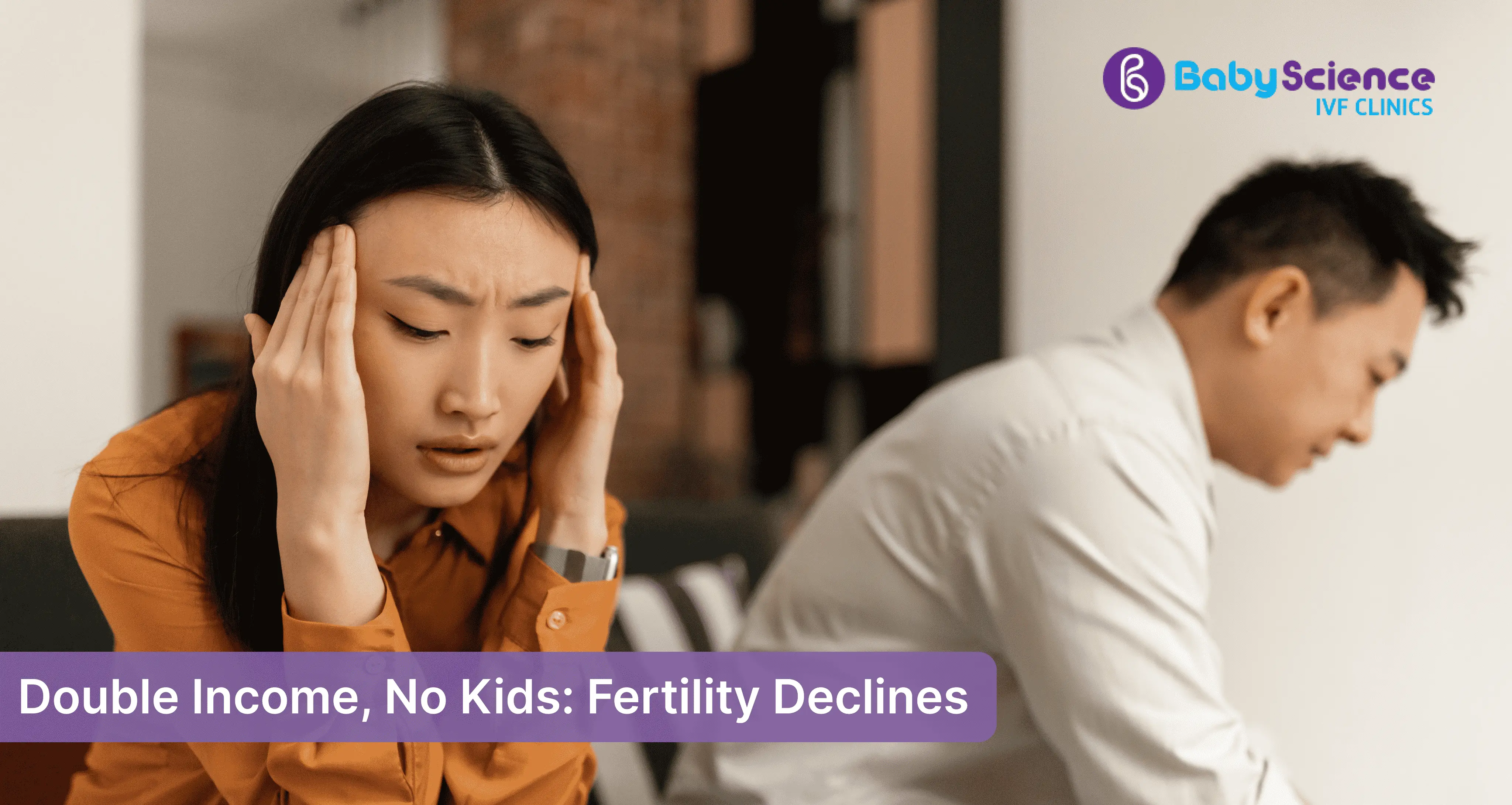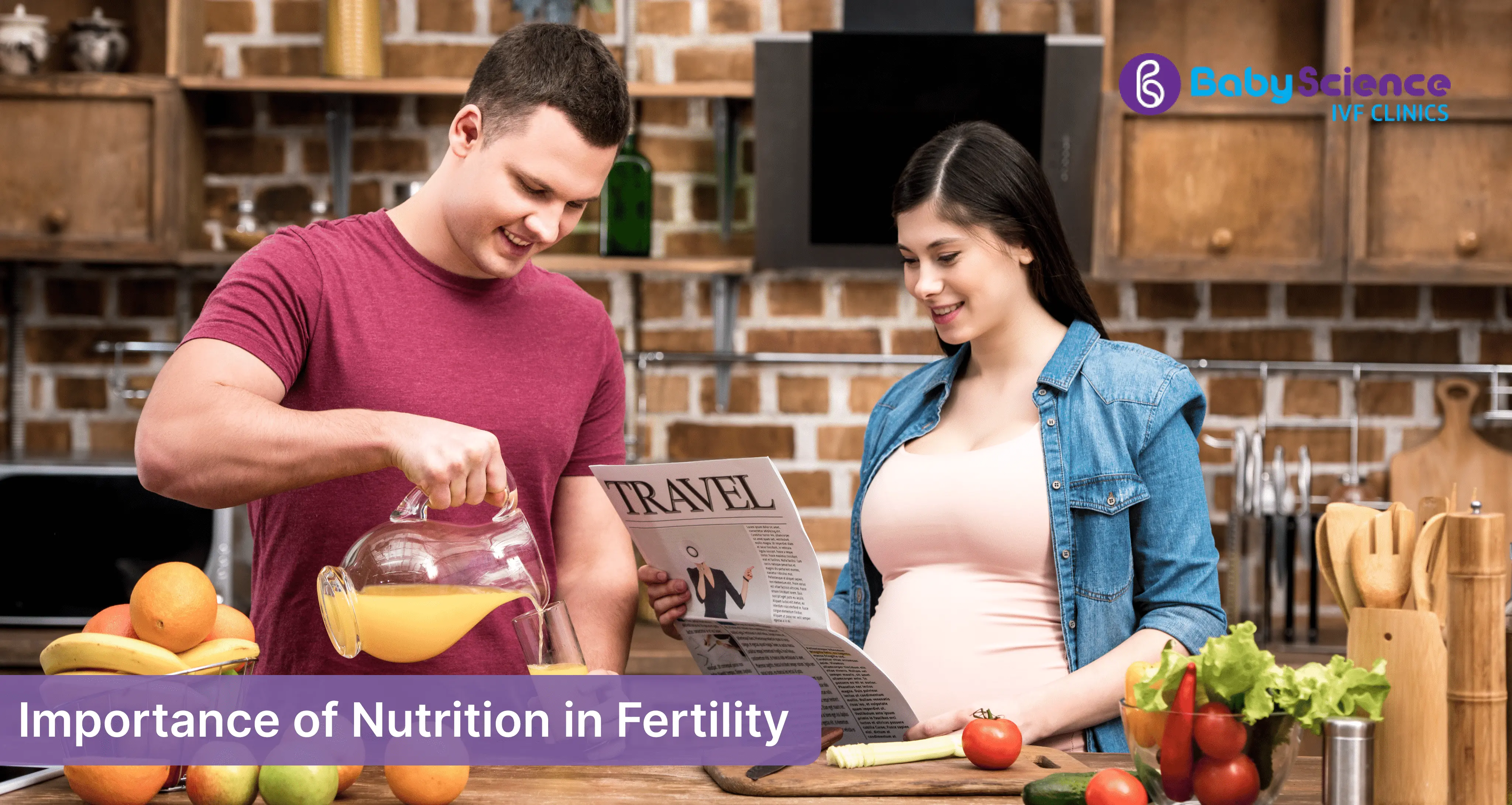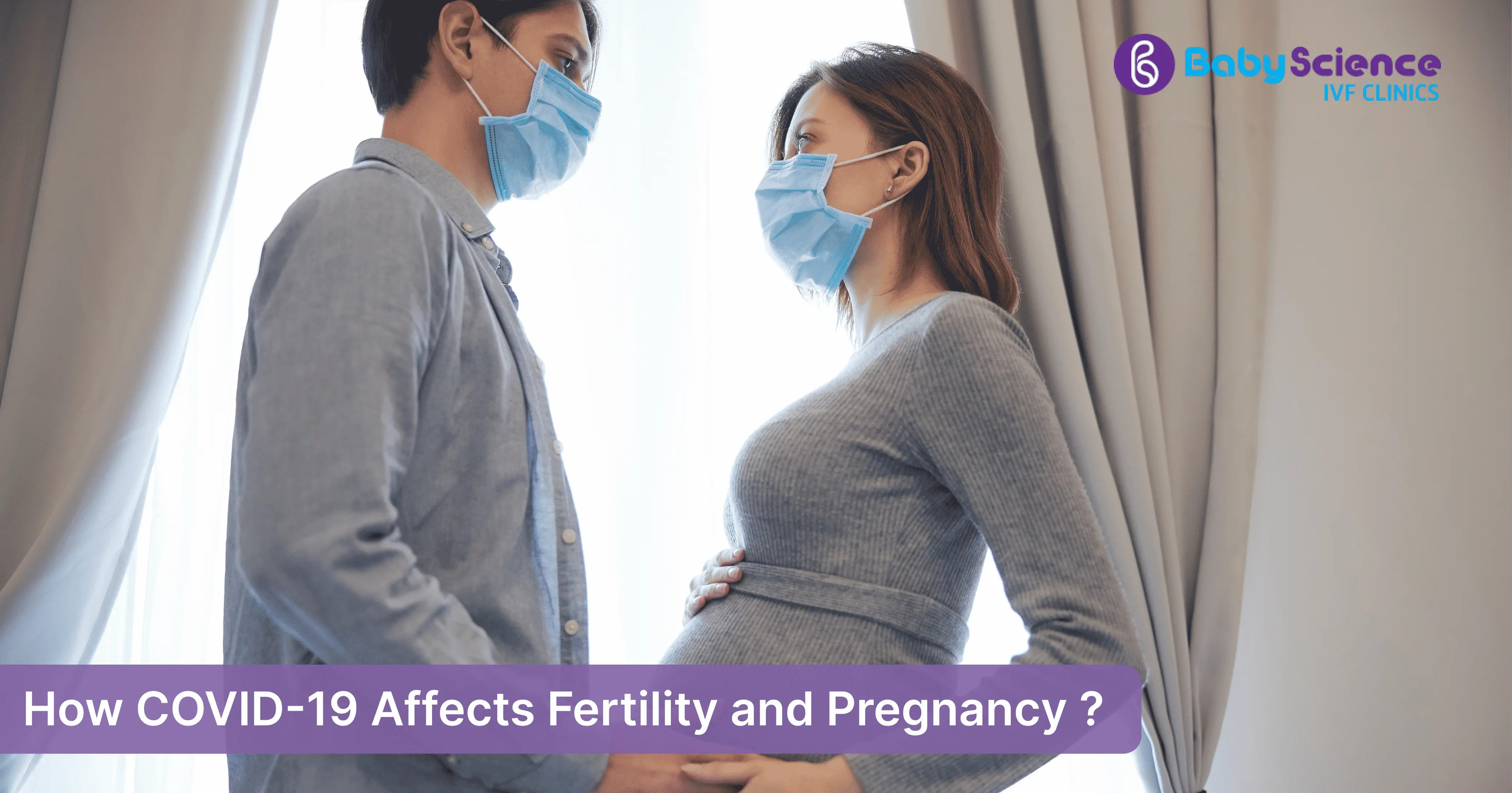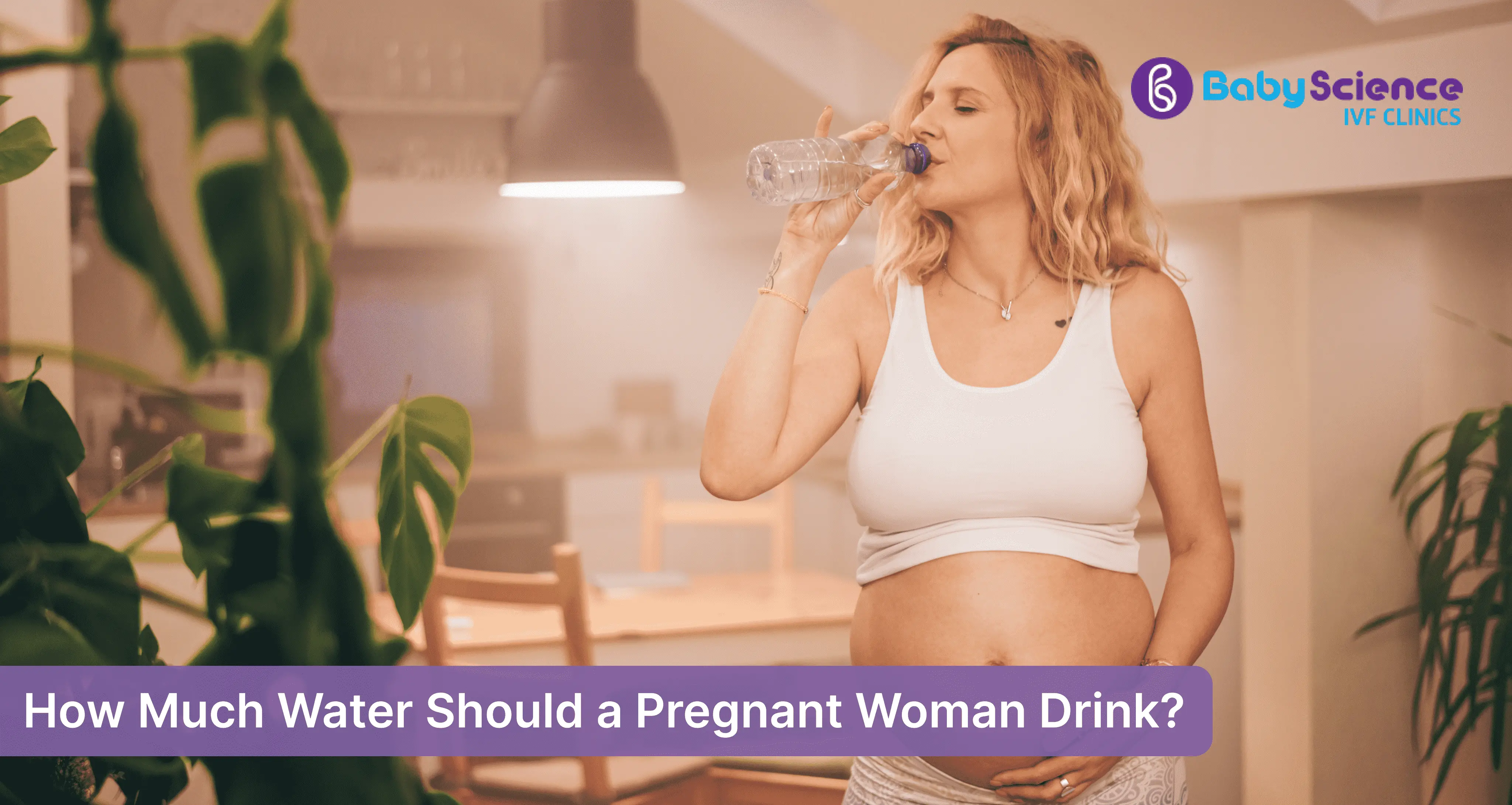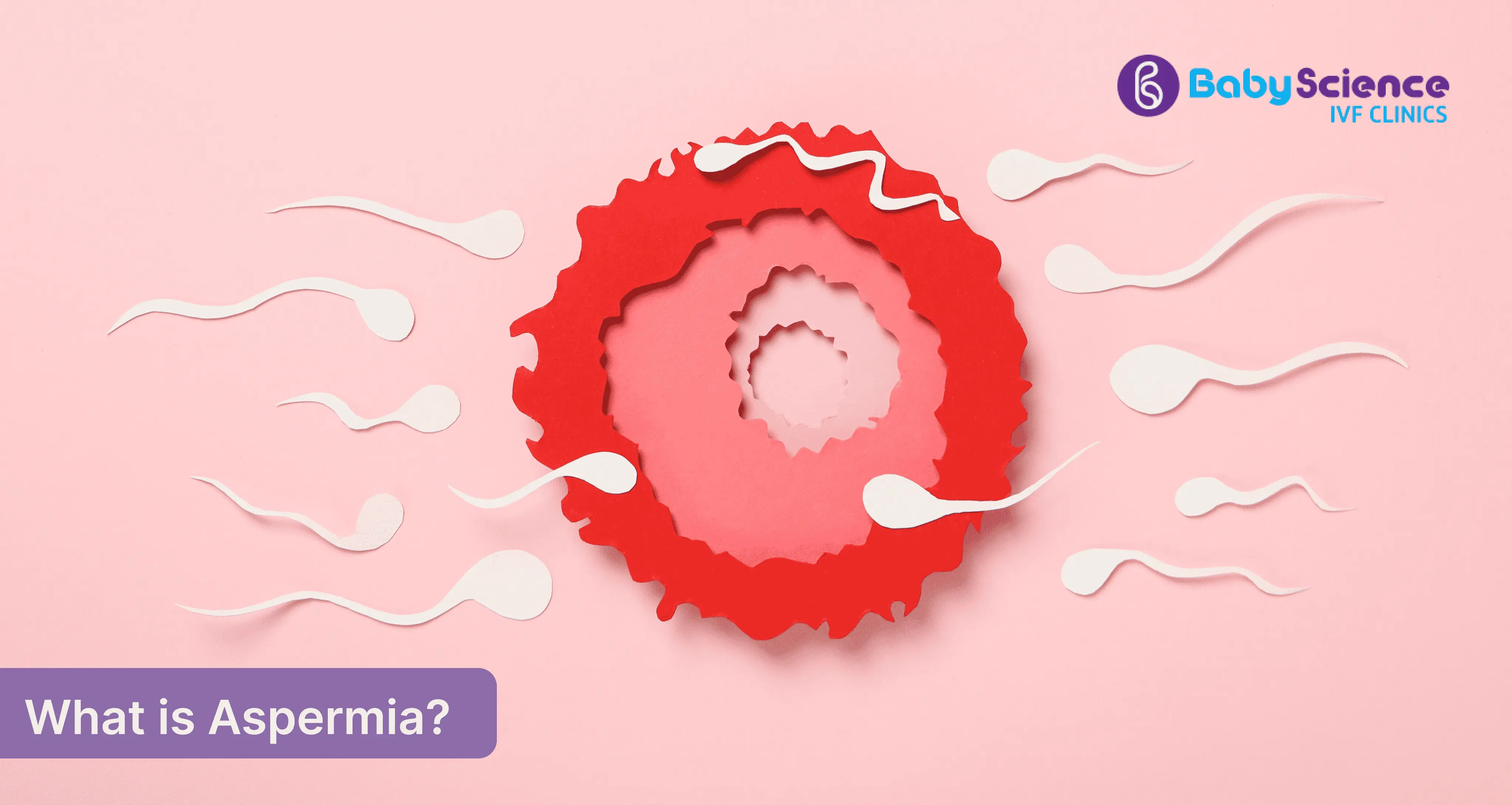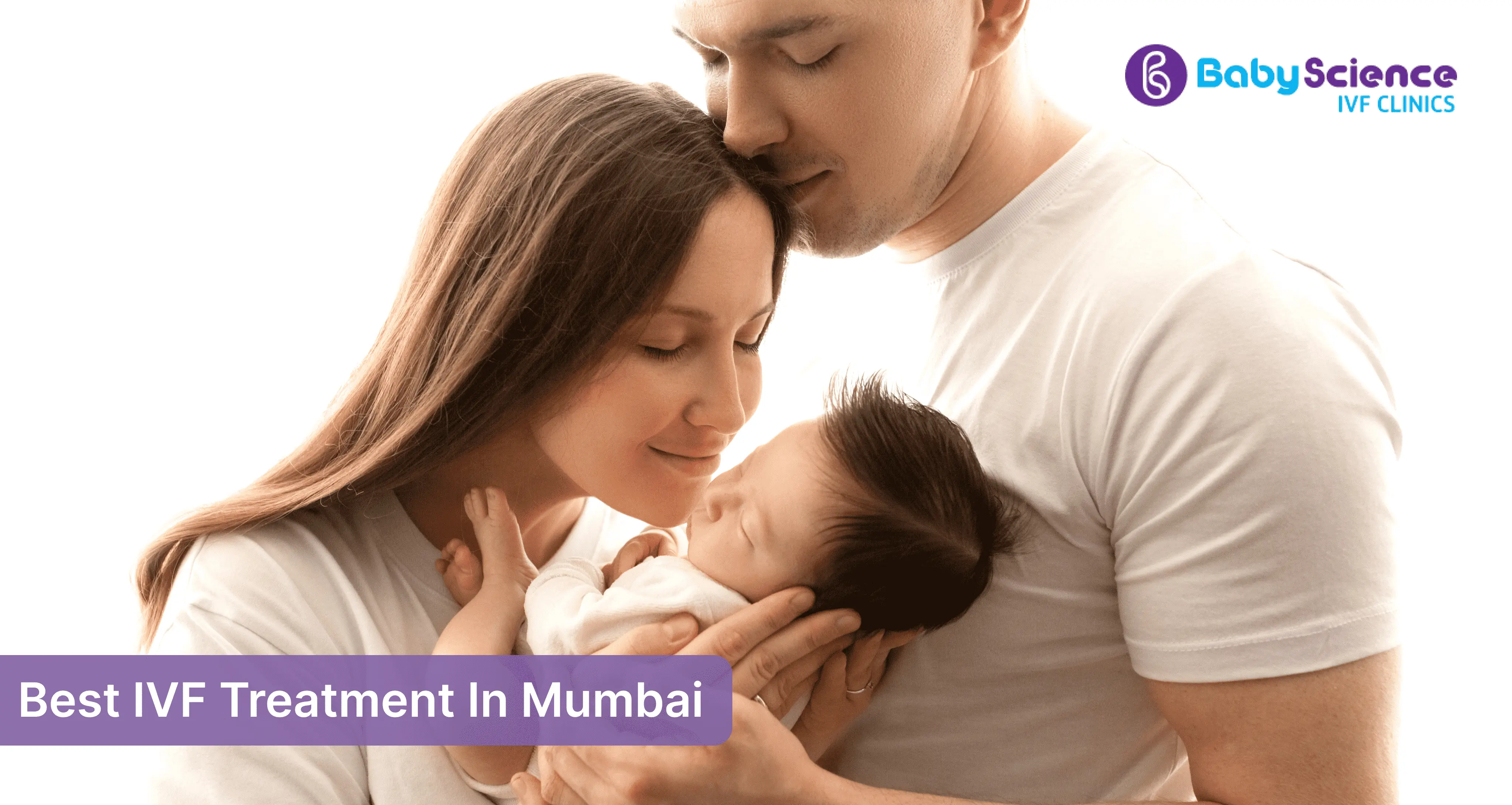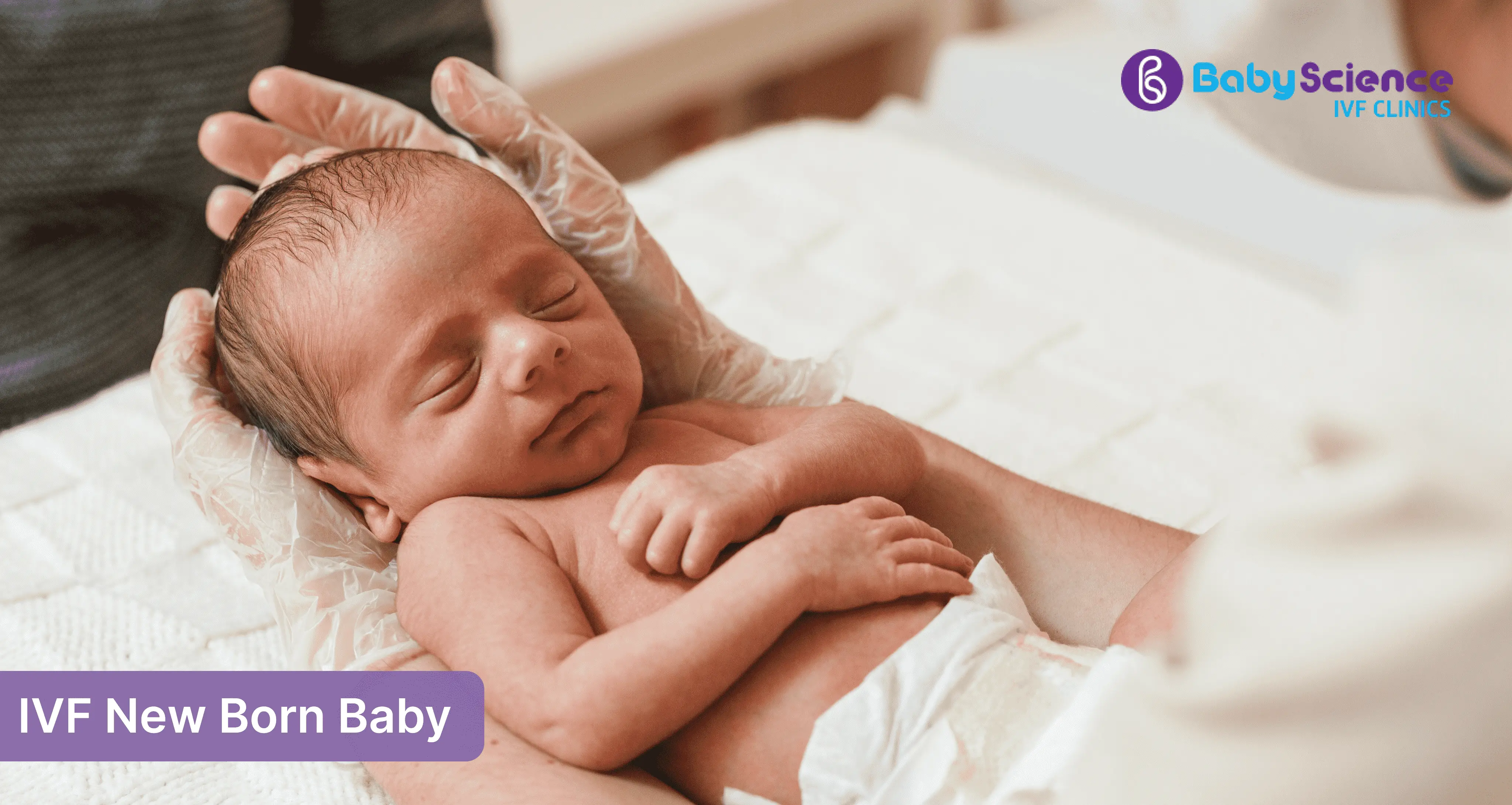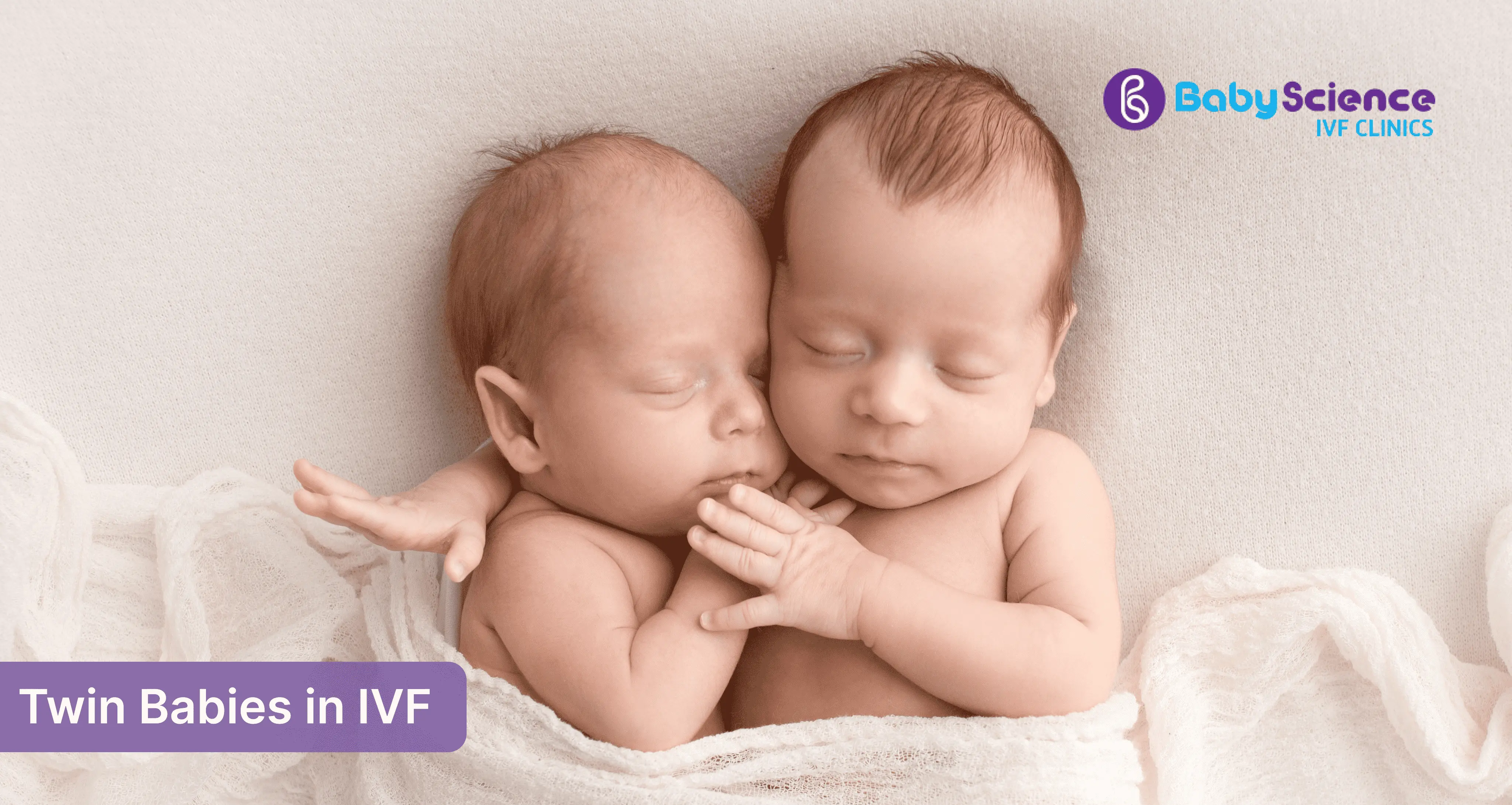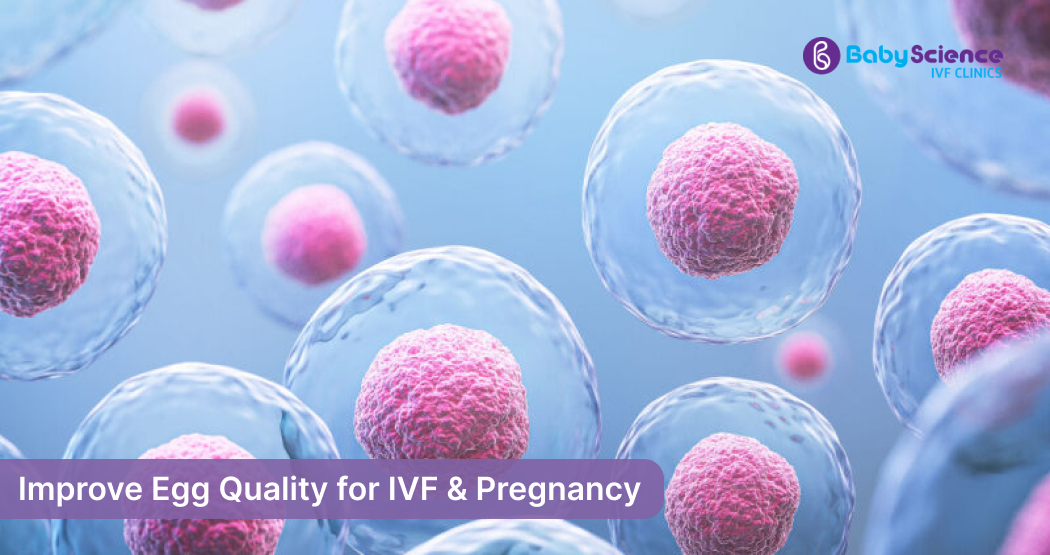
Good egg quality is essential for successful pregnancy, whether through IVF or natural conception. It greatly affects the likelihood of getting pregnant. Whether you're undergoing fertility treatment or trying to conceive naturally, ensuring your eggs are in top condition is key. In this blog from Baby Science IVF, we'll discuss practical strategies for enhancing egg quality to boost your chances of conception and a healthy pregnancy. Whether you're thinking about IVF or just trying to improve your fertility, these helpful tips can make a real difference in your journey to parenthood.
What Is Egg Quality
Egg quality is crucial for successful pregnancy, referring to the health and viability of a woman's eggs. Many factors influence it, such as age, lifestyle choices like diet and exercise, and conditions like PCOS or endometriosis. As women get older, egg quality naturally decreases, making conception and carrying a pregnancy harder. This concern is especially important for those undergoing IVF or trying to conceive naturally, as it impacts their success rates.
Improving egg health through lifestyle changes and specific interventions can greatly enhance fertility outcomes. It underscores the significance of prioritizing egg quality in reproduction.
5 tips to Improve Egg Quality for IVF & Pregnancy
5 Simple Steps to Boost Egg Quality, Making Your Fertility Journey Easier and Increasing Your Chances of Getting Pregnant:

Know Your Body's Natural Cycles

Take Advice from a Fertility Expert

Take Good Sleep

Eat Healthy Foods

Say No to Alcohol and Caffeine
Knowing your body's natural cycle is key to boosting egg quality for IVF and pregnancy. Recognizing ovulation and fertile periods helps time IVF procedures and intercourse effectively, improving the odds of retrieving top-quality eggs. Understanding your menstrual cycle enables better preparation through lifestyle changes and supplements, positively affecting egg quality. By syncing with your body's cycles, you enhance IVF treatment success and the chances of a healthy pregnancy.


Consulting with a fertility doctor can really help improve your chances of having a baby through IVF. These specialists look at things like your age, hormones, and lifestyle to recommend changes to your diet, suggest supplements, or prescribe medications that can make your eggs healthier. They keep a close eye on how things are going with tests and adjust their plan if needed. This active approach makes it more likely that IVF will work and you'll have a healthy pregnancy. Plus, these experts are there to support you all the way, answering questions and making sure you feel confident about your fertility journey.
Getting good sleep is super important for making your eggs healthier during IVF and pregnancy. When you sleep well, your body makes hormones that help with ovulation and make your eggs stronger. Plus, sleeping enough lowers stress, which is good for your fertility. It also boosts your immune system, making it easier for your body to handle a pregnancy. And don't forget, sleeping well helps you keep a healthy weight, which is important for getting pregnant. So, make sure you get enough quality sleep to give your body the best shot at making healthy eggs and having a successful pregnancy.

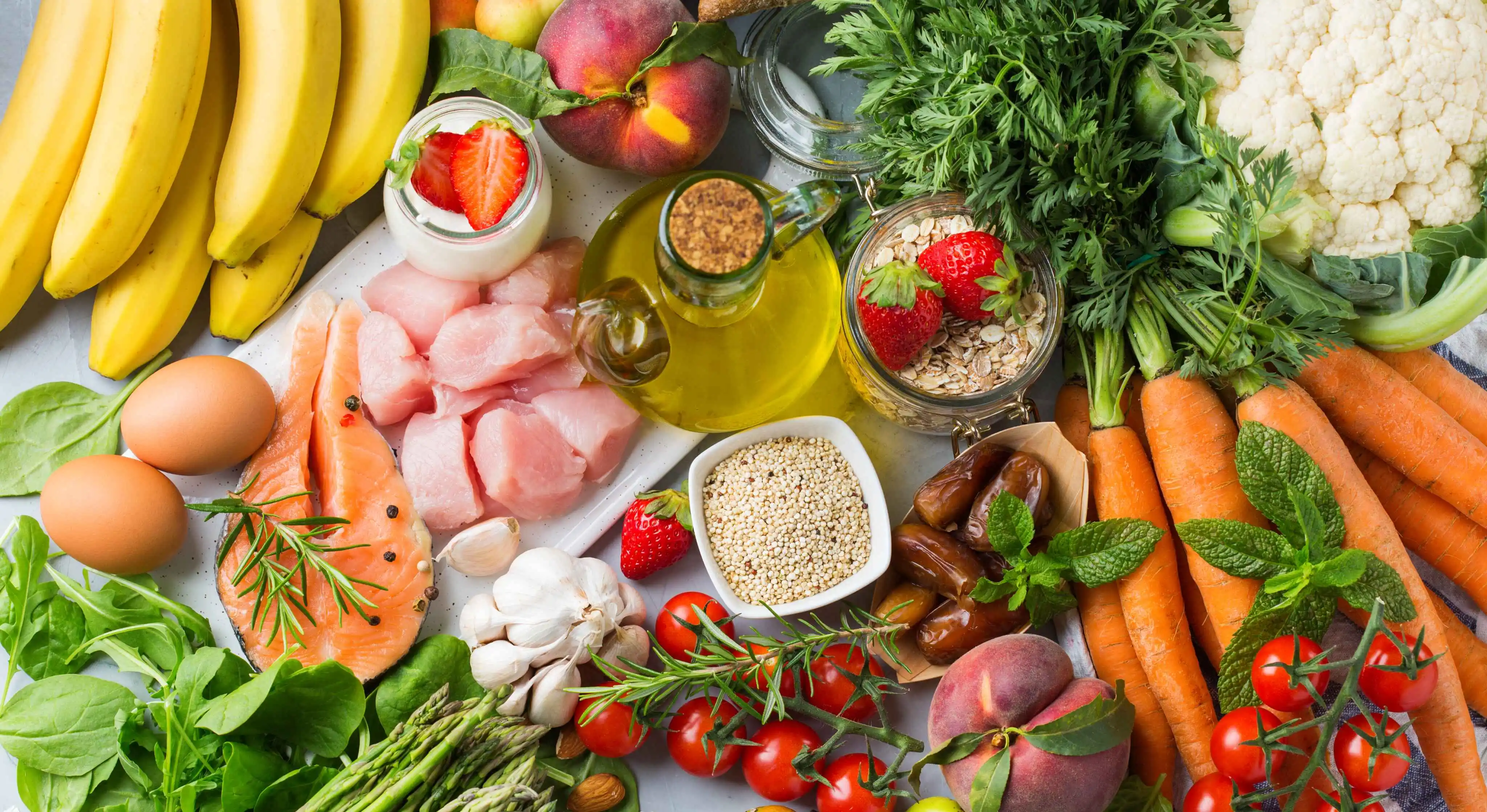
Eating a diet full of nutrients is key for making eggs healthier during IVF and pregnancy. Foods packed with essential vitamins and minerals, like leafy greens and legumes for folate, help eggs grow strong and prevent birth defects. Omega-3 fatty acids from fish supplements support the baby's brain development. Antioxidants in fruits and veggies shield eggs from damage by harmful free radicals. Protein from lean meats and nuts helps cells grow and repair. And calcium from dairy products keeps both mom and baby's bones healthy. By eating a balanced diet with lots of nutrients, you boost your chances of successful IVF and having a healthy pregnancy.
Cutting down on alcohol and caffeine can make your eggs healthier for IVF and pregnancy. Alcohol messes with your hormones, which can affect how your eggs grow. And caffeine can get in the way of egg maturation and implantation. By using less of these substances, you help your body make better eggs, making IVF more likely to work and increasing your chances of getting pregnant. This small change can make a big difference in your fertility journey, leading to better results and a higher chance of having a baby.


Know Your Body's Natural Cycle

Take Advice from a Fertility Expert

Take Good Sleep

Eat Healthy Foods

Say No to Alcohol and Caffeine

Knowing your body's natural cycle is key to boosting egg quality for IVF and pregnancy. Recognizing ovulation and fertile periods helps time IVF procedures and intercourse effectively, improving the odds of retrieving top-quality eggs. Understanding your menstrual cycle enables better preparation through lifestyle changes and supplements, positively affecting egg quality. By syncing with your body's cycles, you enhance IVF treatment success and the chances of a healthy pregnancy.

Consulting with a fertility doctor can really help improve your chances of having a baby through IVF. These specialists look at things like your age, hormones, and lifestyle to recommend changes to your diet, suggest supplements, or prescribe medications that can make your eggs healthier. They keep a close eye on how things are going with tests and adjust their plan if needed. This active approach makes it more likely that IVF will work and you'll have a healthy pregnancy. Plus, these experts are there to support you all the way, answering questions and making sure you feel confident about your fertility journey.

Getting good sleep is super important for making your eggs healthier during IVF and pregnancy. When you sleep well, your body makes hormones that help with ovulation and make your eggs stronger. Plus, sleeping enough lowers stress, which is good for your fertility. It also boosts your immune system, making it easier for your body to handle a pregnancy. And don't forget, sleeping well helps you keep a healthy weight, which is important for getting pregnant. So, make sure you get enough quality sleep to give your body the best shot at making healthy eggs and having a successful pregnancy.

Eating a diet full of nutrients is key for making eggs healthier during IVF and pregnancy. Foods packed with essential vitamins and minerals, like leafy greens and legumes for folate, help eggs grow strong and prevent birth defects. Omega-3 fatty acids from fish supplements support the baby's brain development. Antioxidants in fruits and veggies shield eggs from damage by harmful free radicals. Protein from lean meats and nuts helps cells grow and repair. And calcium from dairy products keeps both mom and baby's bones healthy. By eating a balanced diet with lots of nutrients, you boost your chances of successful IVF and having a healthy pregnancy.

Cutting down on alcohol and caffeine can make your eggs healthier for IVF and pregnancy. Alcohol messes with your hormones, which can affect how your eggs grow. And caffeine can get in the way of egg maturation and implantation. By using less of these substances, you help your body make better eggs, making IVF more likely to work and increasing your chances of getting pregnant. This small change can make a big difference in your fertility journey, leading to better results and a higher chance of having a baby.
Frequently Asked Questions (FAQs)

For optimal reproductive health, nourish your body with whole grains, lean meats, leafy greens, veggies, fruits, and nuts. Avoid processed foods, limit salt and sugar, and maintain a healthy BMI. A balanced weight boosts fertility and overall well-being.

Symptoms of poor egg quality include infertility, frequent miscarriages, and irregular menstrual periods. As women age, egg quality may decline, leading to chromosomal abnormalities that impact pregnancy success.

After the age of 41, egg quality decreases rapidly. For women over 37, diminished egg quality often plays a significant role in difficulty conceiving. In some cases, infertility may solely stem from the woman's egg quality.

